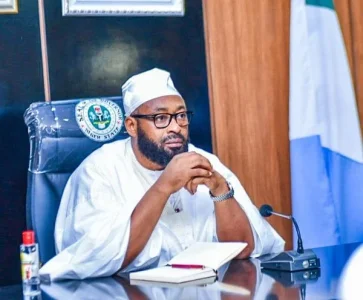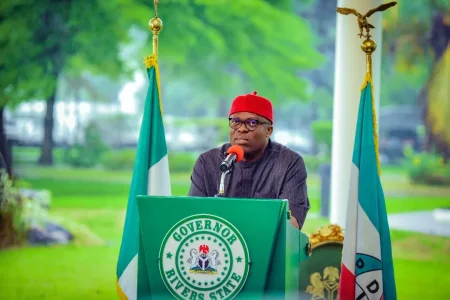
President Bola Tinubu, represented by SGF George Akume, acknowledges Nigeria's tough economic challenges, attributing them to essential reforms. Emphasizing that solutions are not immediate, Akume affirms progress is underway. Tinubu also honors Pastor Tunde Bakare for his contributions, calling him a beacon of hope in the nation.
In a recent address, President Bola Tinubu acknowledged the tough economic conditions Nigerians are currently facing but reassured citizens that progress is being made under his administration. Speaking through the Secretary to the Government of the Federation (SGF), George Akume, at a service marking Pastor Tunde Bakare’s 70th birthday in Lagos, Tinubu emphasized that while the nation’s economic struggles are severe, there is hope on the horizon.
"The President recognizes that times are hard, but at the end of the tunnel, there is always light," Akume stated. He also underscored that solutions to Nigeria’s complex economic problems cannot be as quick as brewing a cup of coffee, a comment that highlighted the government's stance on tackling the country’s long-term issues rather than seeking instant fixes.
The administration's recent economic reforms, such as the removal of fuel subsidies and the floating of the Naira, have been central to the discussion surrounding Nigeria’s economic future. These measures, according to the Presidency, are vital for the country’s economic revival, despite causing short-term difficulties for many Nigerians.
In addition to addressing the economic challenges, Akume spoke about Tinubu’s tribute to Pastor Bakare, describing him as “a beacon of hope and a voice for the voiceless.” Tinubu praised Bakare’s unwavering commitment to justice and integrity, while dignitaries including Lagos Governor Babajide Sanwo-Olu and Ogun Governor Dapo Abiodun lauded Bakare’s enduring influence in both political and spiritual spheres.
Reactions to the statement have been mixed, with some praising the long-term vision of the government’s reforms, while others continue to express concerns over the immediate impact on citizens' livelihoods.




